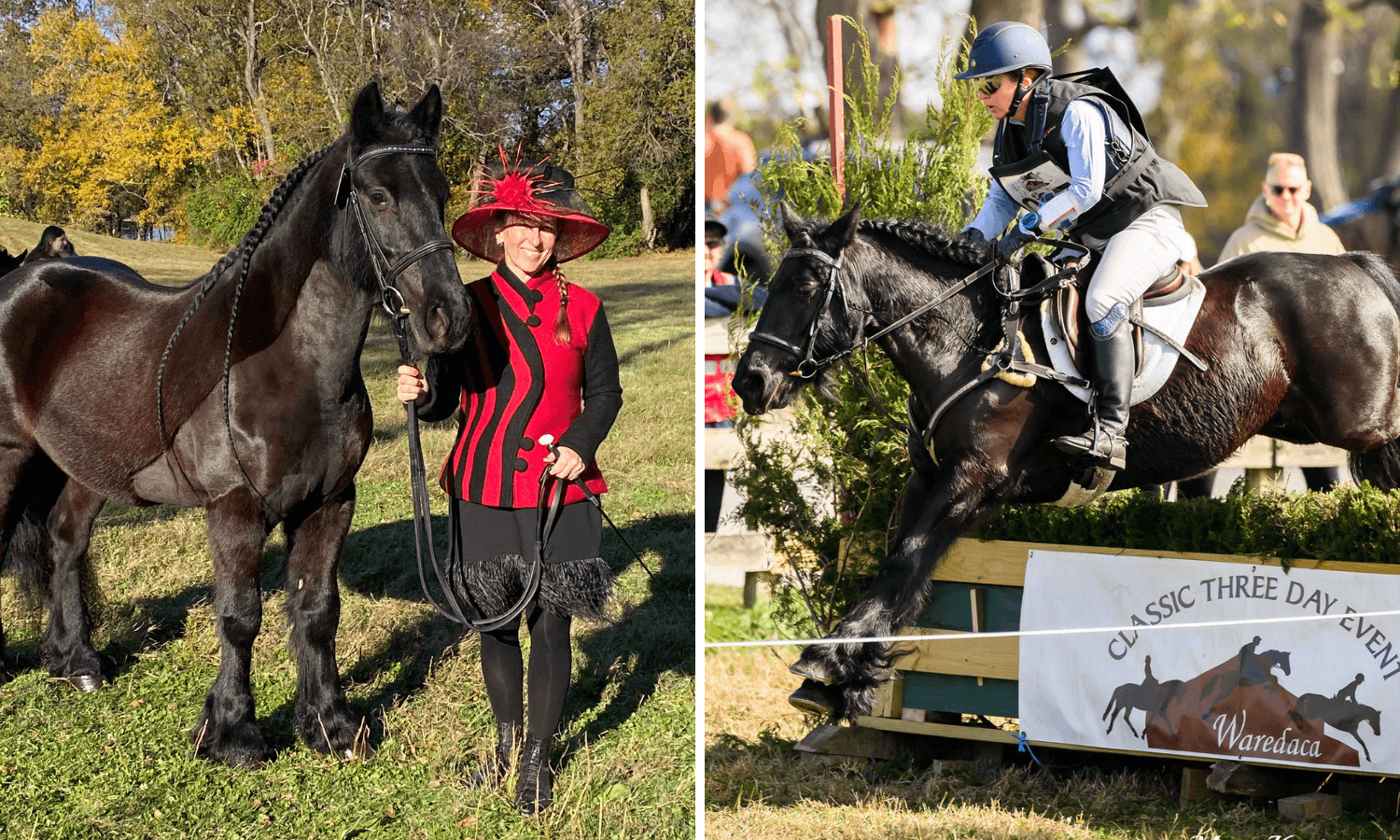Featured Clinician: Lucinda Green
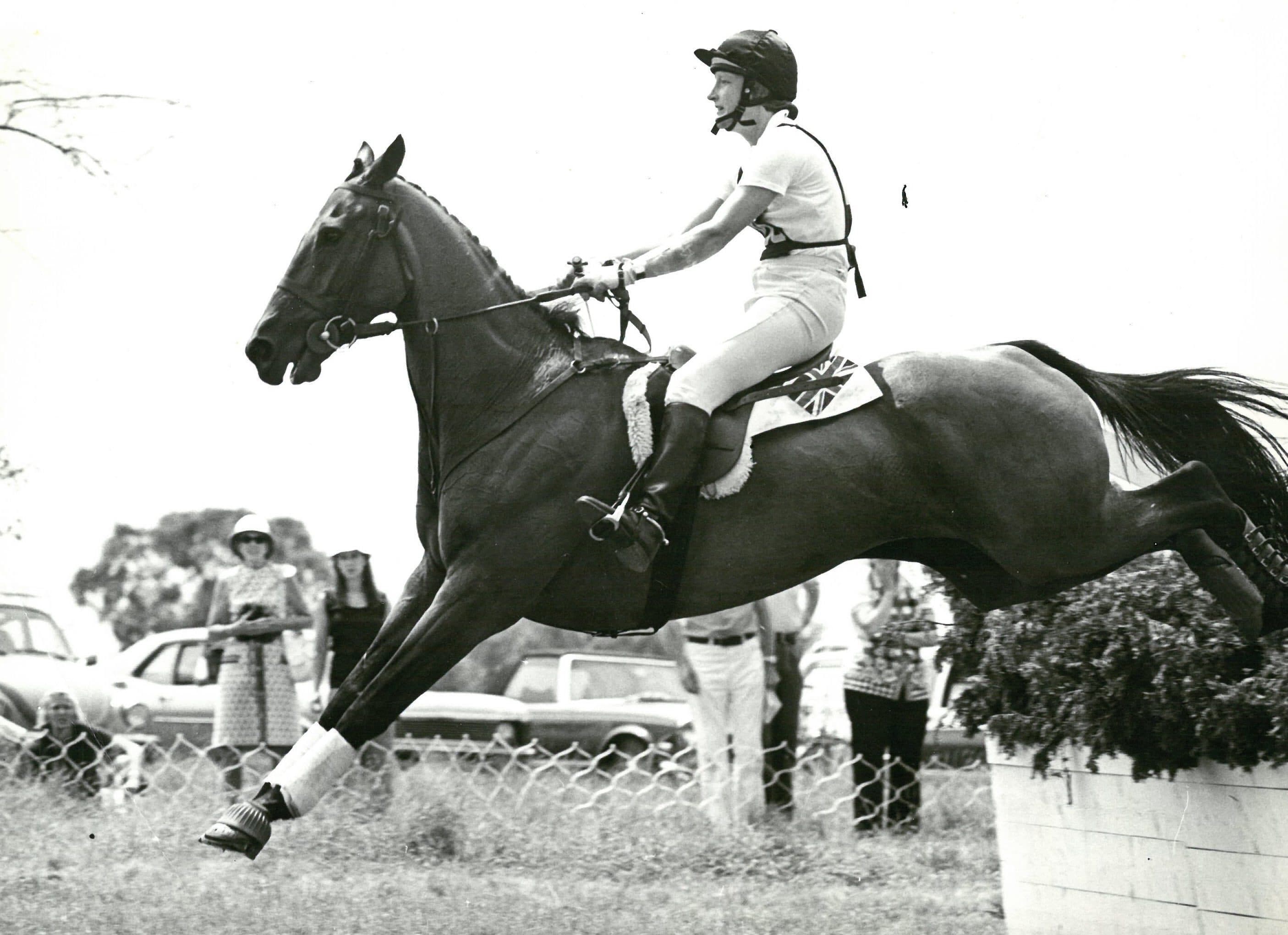
The Featured Clinician article series is provided through a partnership between Event Clinics and the USEA.
The only rider to have won the prestigious Badminton Horse Trials a record six times, Lucinda Green MBE is an eventing hero. A mainstay of the British Eventing Team for 14 years, Green is best known for her stylistic cross-country riding technique and impressive list of career highlights which includes an Olympic silver medal in addition to top placings at over 40 international three-day events.
Green shares her techniques, exercises, and theories with riders working at all levels. She has become a lauded clinician whose coaching is highly sought after by equestrians worldwide.
Event Clinics had the honor of chatting with Green to gather some insight on good horsemanship, excellent cross-country riding, and great advice.
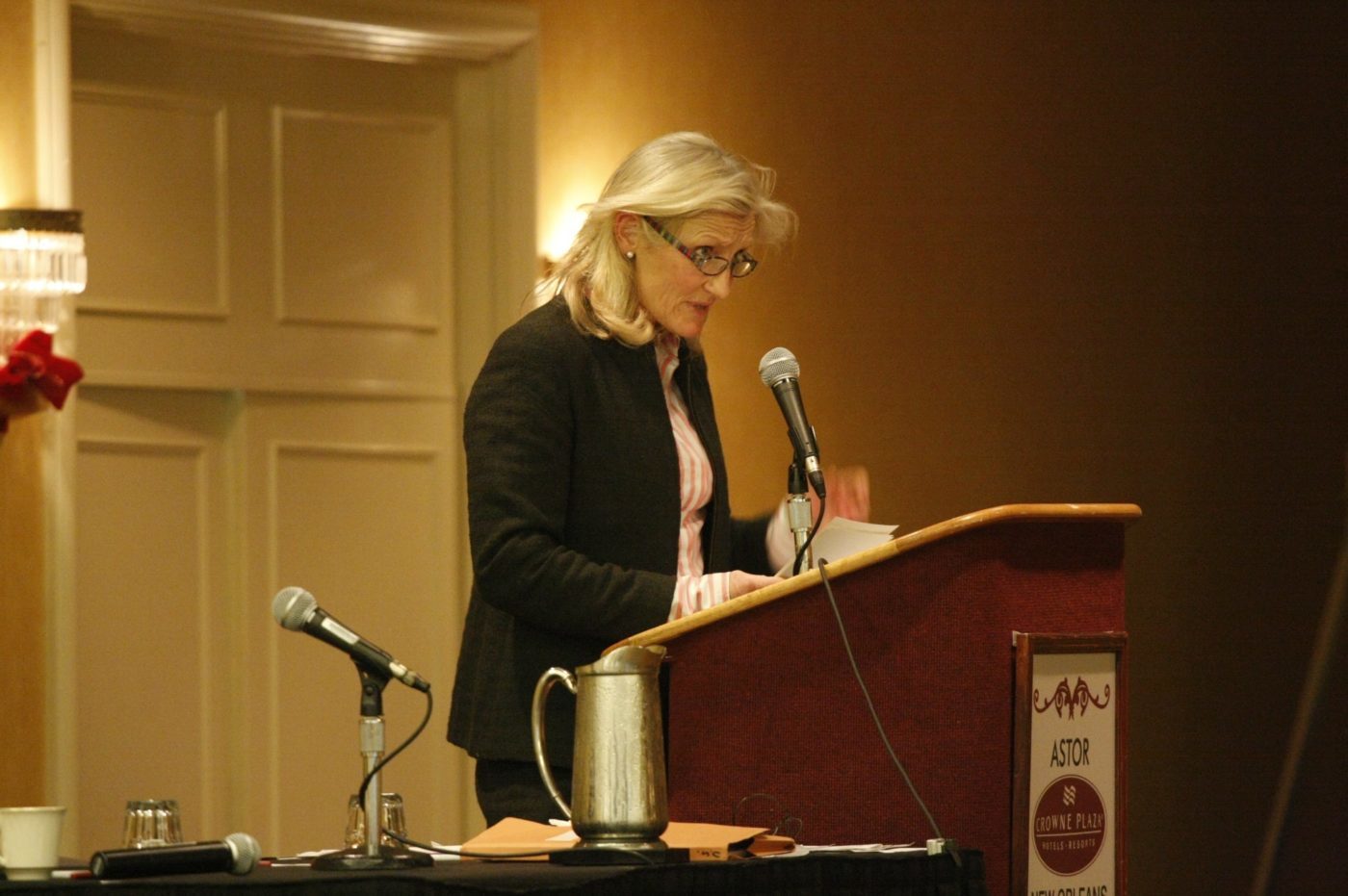
For Green, good riding is a partnership that commands respect. Much of her success in the sport has stemmed from respect and love for the horses she has ridden and worked with. “Horses are the only animal in the world that can do so many different jobs in work and in sport,” she says.
“Most horses - of course there are exceptions - are very quick-witted and have amazing instincts. The good ones never let you squash it out of them. It’s the rider’s responsibility to not reduce the horse’s initiative, but to embellish it.”
To work out a question on cross-country, Green understood her role in the saddle to have three components. “I didn’t have a very good eye for stride, I had to trust my horse to work it out. My job was to make sure he saw [the obstacle], make sure he had enough engine, and make sure I was in balance to keep him in balance. Then he could keep his feet out of the way of the fence.”
If the rider has a clear handle on those key components of engine, line, and balance then the horse is empowered to use his initiative to get to the other side of various technical questions.
“All of my understanding of cross-country is pinned on one paradox: the horse must think for himself and listen to you. If you have both of those things in equal measure you will have a very safe horse.”
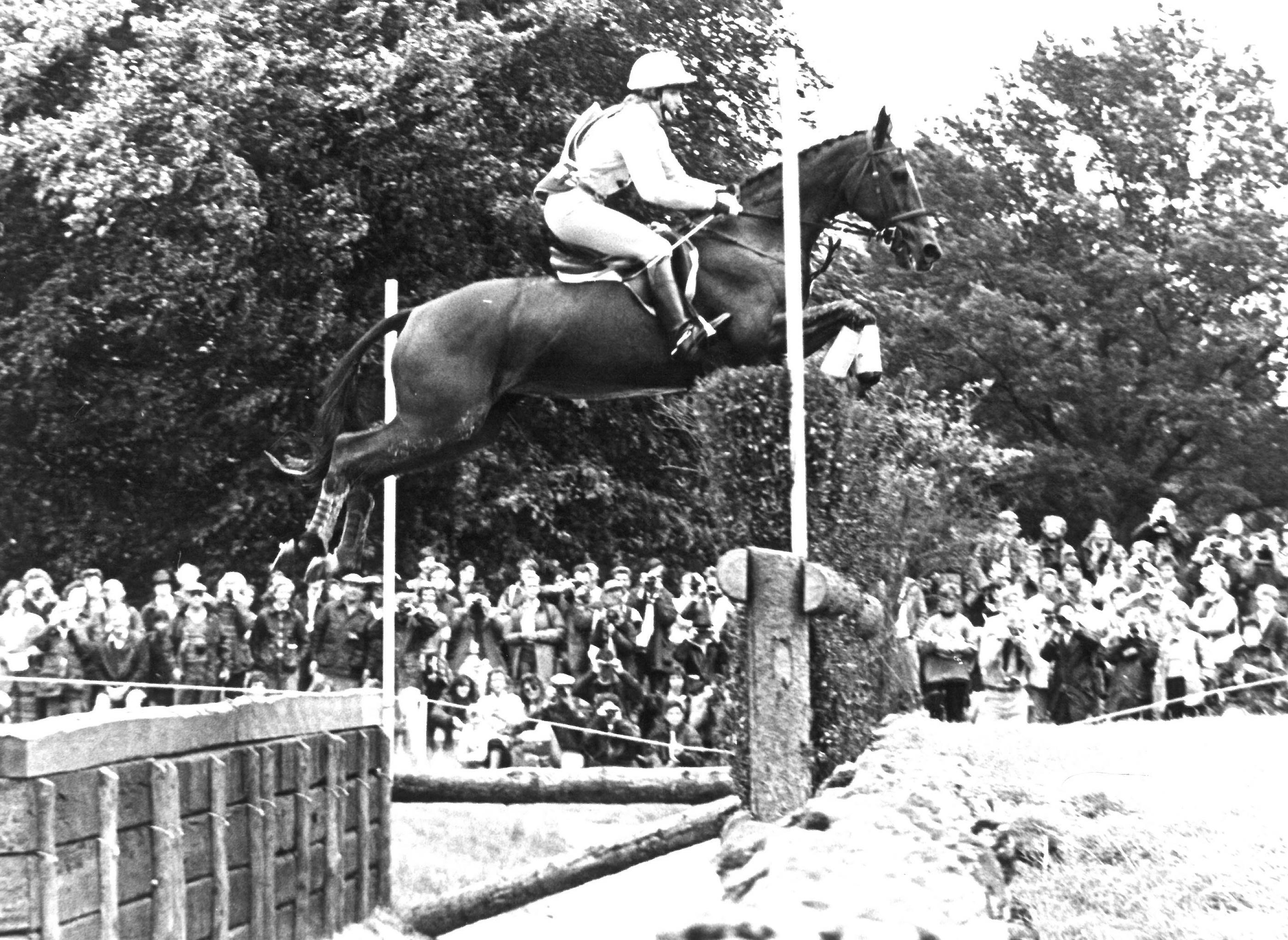
Green’s reverence for the horse shines through in her teaching methodology. Throughout clinic sessions, riders are directed to jumping lines and coursework that challenge them to ride in the moment. These questions combined with logical spoken principals enable riders to walk away feeling confident in themselves and in their horses.
“I’m aiming at tuning the rider into the horse, that’s a key ingredient,” Green tells EC.
“I build very small fences on difficult lines and angles with no set distances. Right from the start, I’m asking riders to start riding from the seat of their pants. It’s always very interesting to tackle difficult lines early on. Riders don’t get let into my way of teaching, they’re thrown in. But the fences are small, so the work is well within capabilities.”
“And, I do quite a bit of talking, and logic comes out. I am always looking for logic, not magic.”
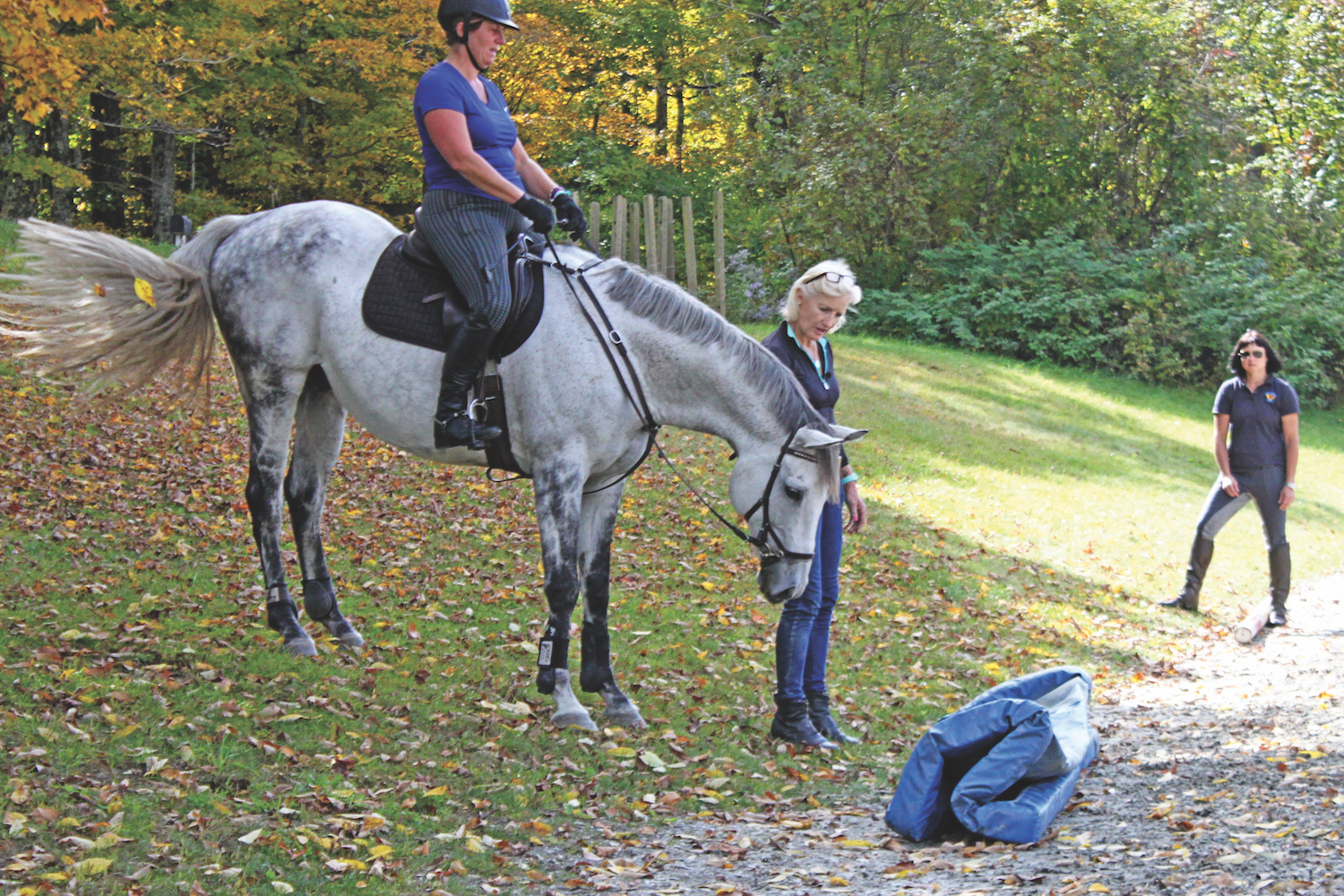
“I expect everyone to try not to make mistakes but accept that they will make them. Of course, the idea is to not have problems, but riders can have positive interactions with problems. There’s no greater way to learn than by mistakes. As a teacher, I have a huge responsibility to develop a rider’s feel and their horse’s initiative.
“All I can do is guide the rider - for he is teaching himself.”
Helping riders to feel their way through various exercises inspires confidence as riders develop the ability to think and react more quickly.
“The jumps we start with are pretty small, so there are no worries about upsetting the apple cart. I make a point of saying: ‘Miss Perfect won’t learn anything’, the more mistakes you make, the happier I am. Real learning comes from feeling, I let the courses do that work for me. It will go wrong, that’s an absolute certainty, but riders need to be able to react.”
Green’s goal for riders is that they will be able to “feel and deal” as they work their way through a course. “If you think too hard about what you’re doing coming into a fence you can take the feel out of it. Riders need to be able to react . . . it’s important to think on your feet, but not let thought overrule feel.”
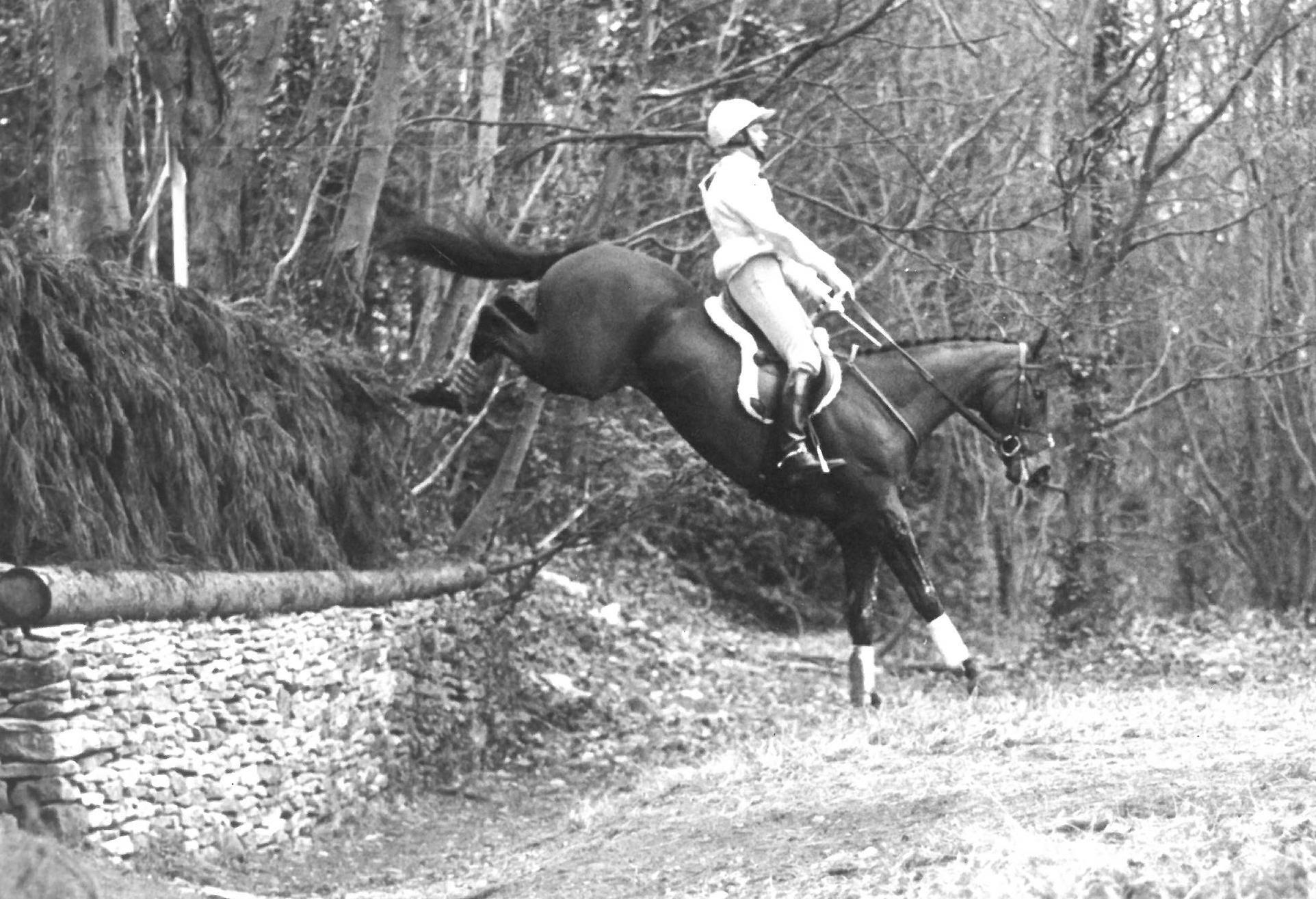
The various questions posed to riders and their horses throughout Green’s clinics work as guidelines or building blocks that riders can keep in their experience toolkit for when they encounter something similar in a competitive scenario. They also help riders to enable their equine partners to think for themselves through the exercises and rely on their initiative to come through successfully.
Green continues to develop her teaching style and picks up new information with each group of riders she encounters.
“Sometimes you have a fascinating problem that you work through and that’s great. Sometimes you apologize because you can’t work through it and there have been some failures . . . It really sticks with me if I haven’t understood a horse or a problem.”
“We are never done. The more you know, the less you know. There’s always something coming up to confuse you. You end up having to start all over again and come from a different premise.”
“It is still totally fascinating,” says Green. “I often joke with riders; ‘I’ve learned so much from this clinic, I should be paying you.'”
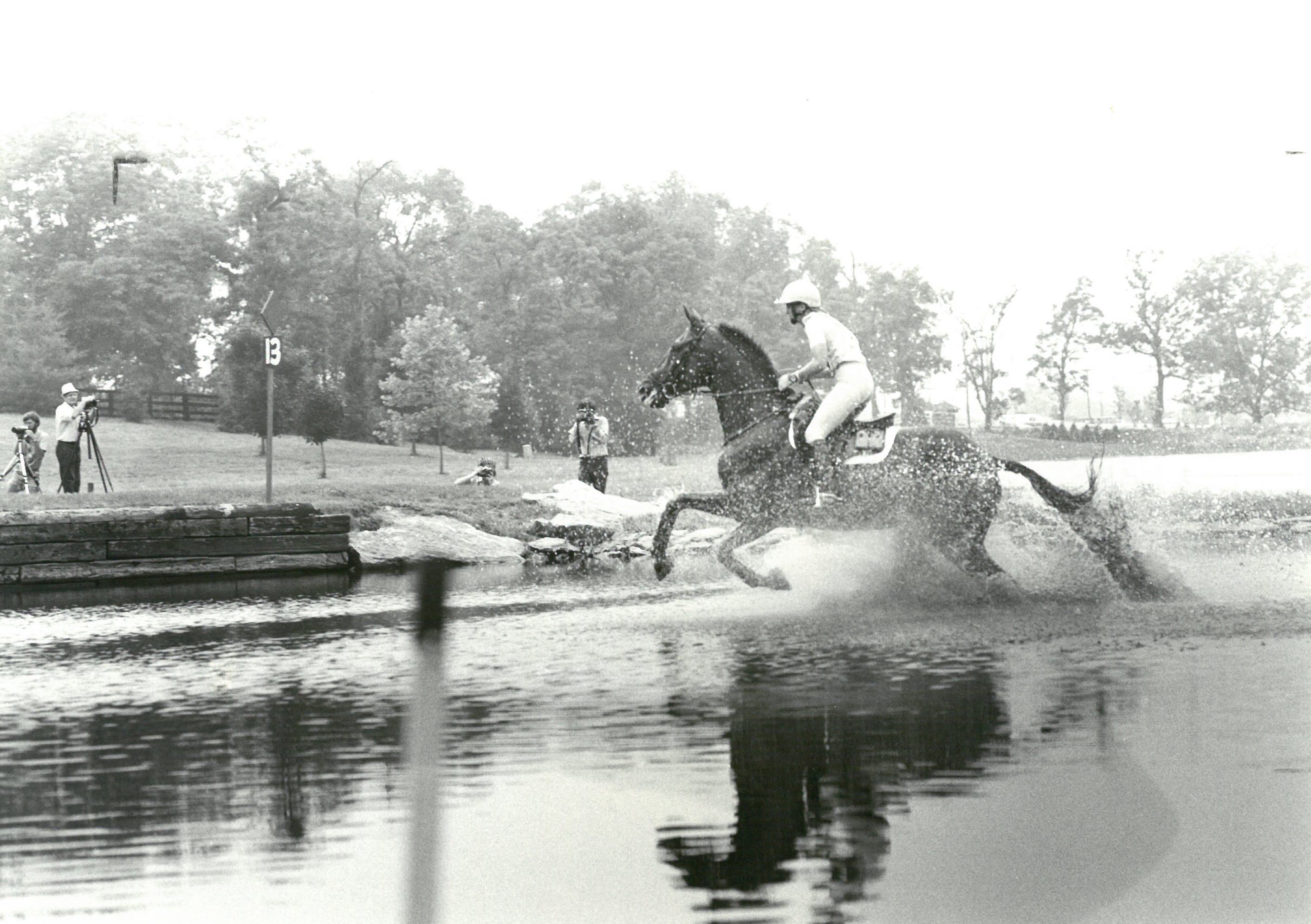
Green continues to ride and train, and in recent years has competed through the four-star (formerly three-star) Level. Her continued passion for the sport is inspired by the desire to better understand its many puzzles, but also by one simple notion: enjoyment.
“My father used to say to me before every competition, 'don’t forget you do it for fun.’ The sport requires an eternal fascination. You have to be able to take so many downs. There are nine downs for every one up – it’s a very tough sport and horses are so fragile. You keep going if you stay extraordinarily intrigued, fascinated, and find the pleasure in it.”
For the safety of clinic participants and families amidst COVID-19 concerns, many opportunities to #LearnFromTheBest with Lucinda Green MBE have been postponed. Once options are rescheduled, you will be able to find and easily sign-up for clinics through www.eventclinics.com. You can connect with Lucinda on Facebook here.



